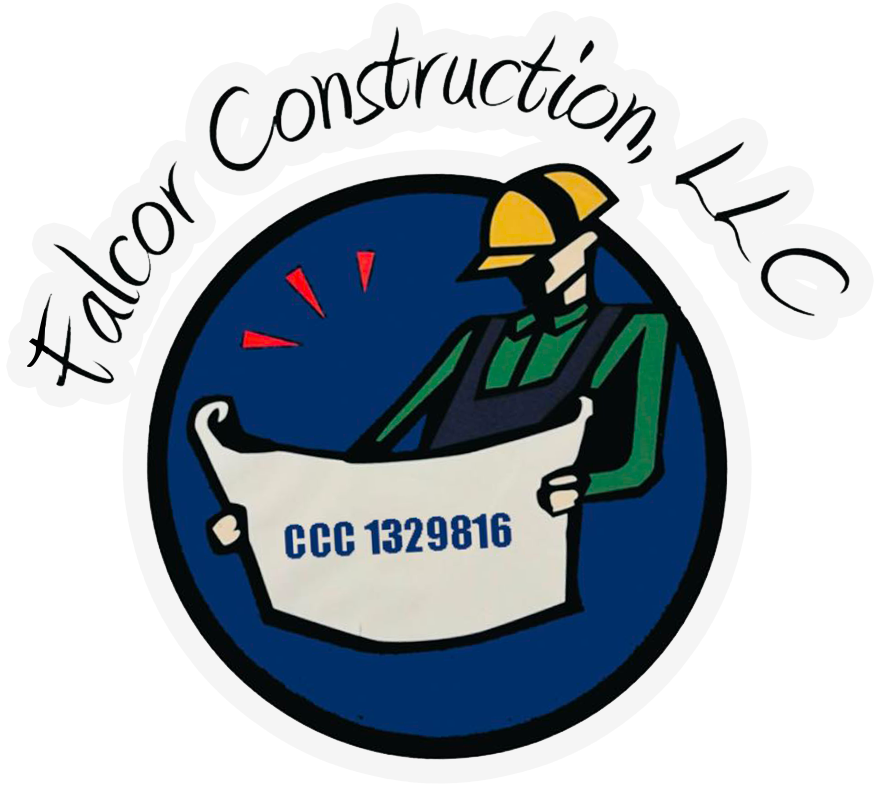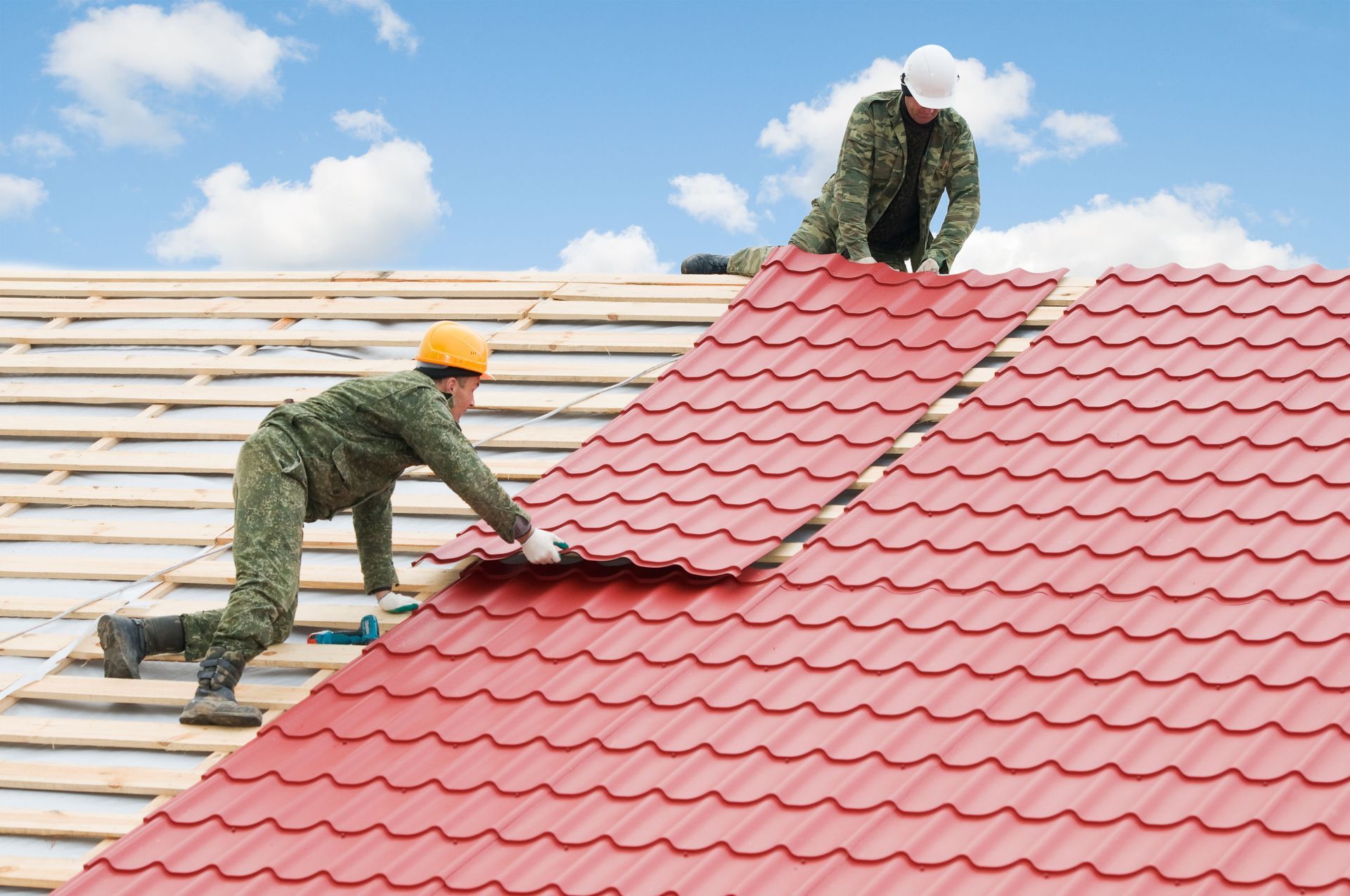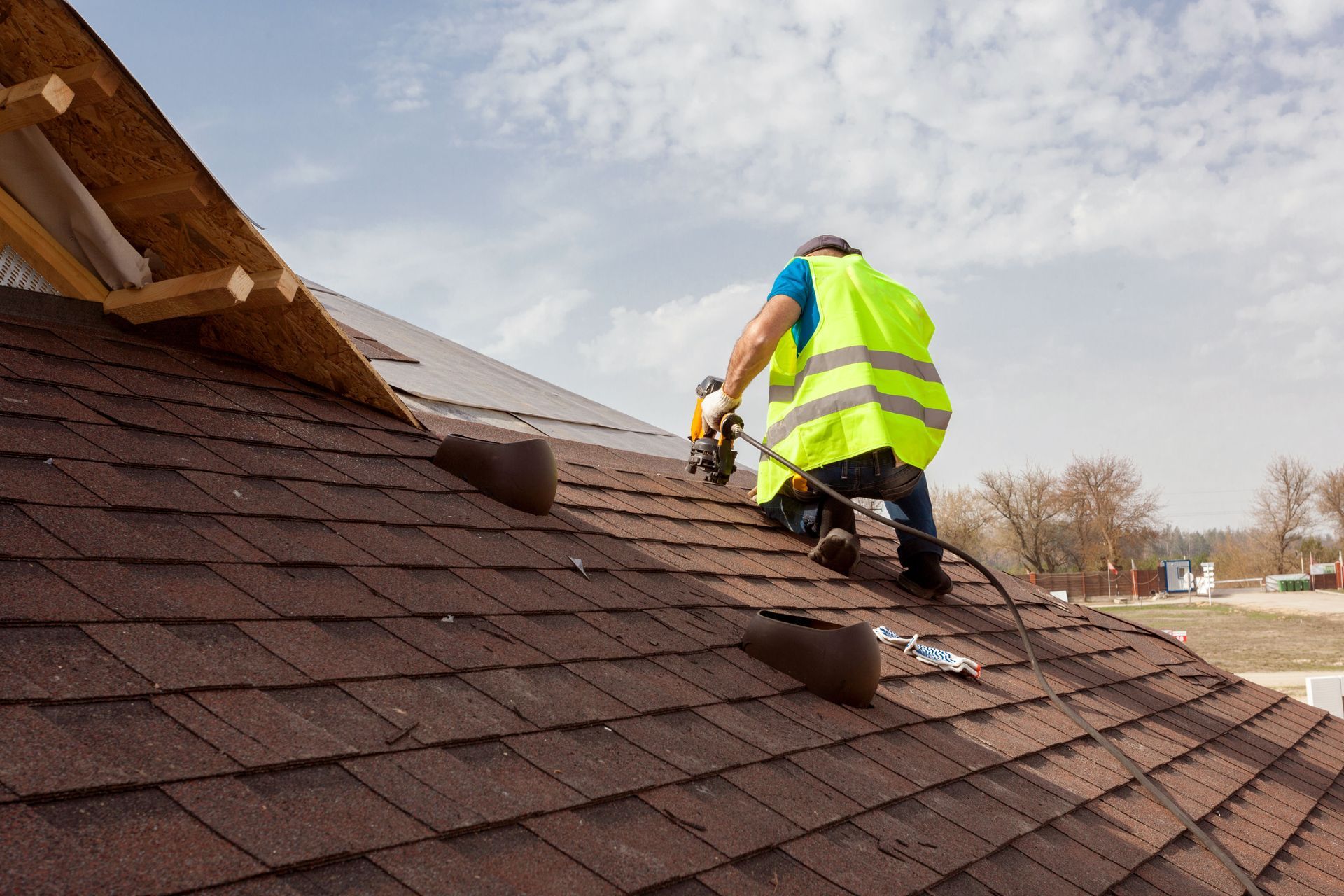October 10, 2025
The ever-growing need for sustainable building solutions has led many business owners to explore metal roofing as an energy-efficient alternative for their commercial properties. Metal roofs offer a range of benefits, including significant energy savings, extended durability, and long-term cost-effectiveness. As the push towards eco-friendly construction becomes more pronounced, understanding the advantages of metal roofing becomes crucial for those aiming to enhance the sustainability of their businesses.
Traditionally, roofing materials have been one of the major contributors to energy inefficiency in buildings. With increasing awareness around energy conservation, metal roofing has gained traction due to its reflective properties and longevity. As businesses aim to reduce their carbon footprint and operational costs, the energy efficiency provided by metal roofs presents a promising solution.
This article delves into the multifaceted advantages of metal roof installations for business owners and why working with metal roofing companies is recommended. By examining aspects like material types, cost savings, installation processes, and environmental impacts, we aim to present a comprehensive guide to adopting this innovative roofing solution. The subsequent sections will explore these benefits in greater detail, highlighting why metal roofing might be the right choice for your business.
The Basics of Metal Roofing
Firstly, metal roofing from metal roofing companies refers to roof systems made from metal pieces or tiles, characterized by exceptional durability and longevity. It is typically made from a variety of metals, including aluminum, steel, copper, and zinc. These materials contribute to the unique characteristics of metal roofs, enabling them to withstand extreme weather conditions while maintaining structural integrity. As a versatile roofing option, metal roofs can be customized in design, color, and coatings, further enhancing their appeal. Significantly, the recyclability of metal roofing materials aligns with the increasing demand for sustainable building practices.
A metal roof's inherent properties make it an excellent choice for commercial buildings with large roof spans. Its lightweight nature allows for easier installation and compatibility with existing structures. Additionally, metal roofs are resistant to issues like mold, mildew, and pest infestations, which are common challenges faced by traditional roofing systems. This resistance not only ensures a healthier building environment but also reduces the need for repairs and replacements over time. Consequently, this durability has made metal roofing an attractive option for business owners seeking reliable roofing solutions.
Understanding what constitutes metal roofing is crucial to appreciating its advantages. The distinctive features of metal roofs, such as high resistance to ultraviolet rays and extreme temperatures, play a vital role in their popularity. Moreover, the ability to install metal roofs over existing roofs can minimize disruption during the installation process, thereby reducing downtime for businesses. These benefits have established metal roofing as a leading choice for business owners prioritizing both functionality and sustainability in their commercial properties.
Types of Metal Roofing Materials
The choice of metal used by metal roofing companies significantly impacts the overall performance and aesthetic of the structure. Aluminum is renowned for its lightweight and corrosion-resistant properties, making it an excellent choice for coastal areas. Steel, mentioned in its various forms such as galvanized and galvalume, is known for strength and flexibility, offering a cost-effective option for a durable roof. Copper stands out for its aesthetic appeal and longevity, requiring minimal maintenance over several decades. Zinc, celebrated for its self-healing properties and patina that develops over time, offers a unique aesthetic appeal coupled with longevity.
Each metal type brings different advantages, influencing the choice based on specific environmental and budgetary considerations. For instance, aluminum's resistance to saltwater corrosion marks it as ideal for businesses near the ocean. Conversely, businesses located in areas prone to hailstorms or intense sunlight might prefer the robust durability of steel. As different metals offer varying price points and lifespans, choosing the most suitable option involves balancing upfront costs with long-term benefits. Regardless of choice, all metal roofing materials provide significant energy efficiency improvements over traditional options.
Exploring the types of metal roofing materials allows business owners to align their roofing solutions with both operational needs and environmental conditions. Each metal presents unique properties that contribute to the overall efficiency and functional benefits of the roofing system. By understanding the distinctive characteristics of each material, businesses can make informed decisions that optimize their resources and improve their building's energy performance. This knowledge becomes particularly crucial when considering the maintenance requirements and life cycle costs associated with each option, leading to better strategic planning for long-term business sustainability.
Metal Roof Design Variations
In addition to material choices, design variations from metal roofing companies further enhance their versatility and appeal. Standing seam roofs, identified by their raised interlocking seams, provide a sleek and modern appearance while ensuring watertight integrity. This design's clean lines and seamless aesthetics have made it a popular choice for contemporary commercial architecture. Corrugated metal roofs, characterized by their distinctive wavy pattern, offer durability and are often used in commercial settings for their industrial aesthetic. Both designs can be customized with coatings and colors to match the desired look of the building.
The choice of design impacts both the functional performance and visual aspects of the metal roof. Standing seam roofs are particularly advantageous in regions experiencing heavy rainfall due to their enhanced drainage capabilities. Corrugated roofs, with their lightweight and versatile panels, allow for quick and easy installation, which can be beneficial for large-scale commercial projects. Furthermore, these design variations provide flexibility that enables the metal roof to adapt to various architectural styles and project requirements, contributing to the personalized and energy-efficient building envelope.
By offering a range of design options, metal roofing allows business owners to choose solutions that align with their aesthetic and operational goals. This flexibility supports the integration of metal roofs into diverse architectural landscapes, enhancing the building's overall appeal. Moreover, understanding the design variations available in metal roofing aids businesses in making an informed decision that maximizes performance and energy savings. This adaptability reinforces metal roofing as a valuable investment for businesses seeking robust, efficient, and visually appealing roof solutions.
Advantages Over Traditional Roofing Materials
When comparing metal roofing from metal roofing companies, distinct advantages of metal roofing emerge. Metal roofs' longevity significantly surpasses that of asphalt shingles. With a longer lifespan, metal roofs present a cost-effective long-term solution, saving businesses from frequent replacements. Additionally, metal roofs' lightweight nature reduces structural stress, allowing for greater design flexibility and less intensive support structures. This feature facilitates easier and quicker installation processes, minimizing disruptions to business operations.
One of the most notable benefits of metal roofs is their energy efficiency. Unlike traditional materials, metal roofs effectively reflect sunlight, reducing heat absorption and lowering cooling costs by up to 40%, according to The Spruce. This reflective ability plays a significant role in reducing energy consumption, particularly in commercial buildings with large cooling requirements. Furthermore, metal roofs can be easily adapted for enhanced insulation and installations alongside advanced energy-saving components like solar panels, reinforcing their sustainable profile.
Metal roofing continues to gain popularity as a durable and energy-efficient solution for businesses seeking long-term value. Its ability to withstand harsh weather, reduce energy costs, and provide versatile design options makes it an appealing choice. By working with trusted metal roofing companies, business owners can achieve sustainable, cost-effective, and visually striking results. Contact FALCOR CONSTRUCTION LLC today to get started with our roofing services.


